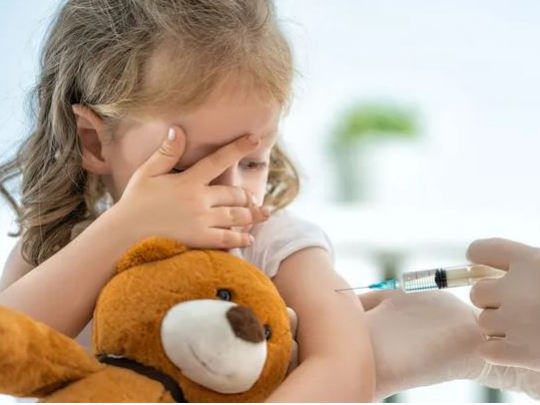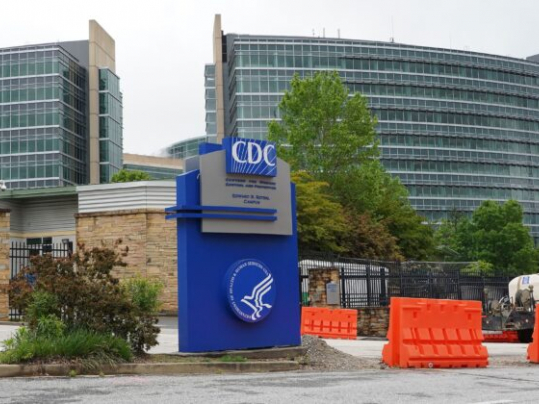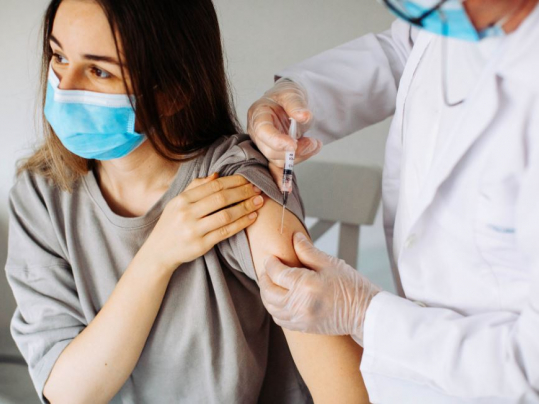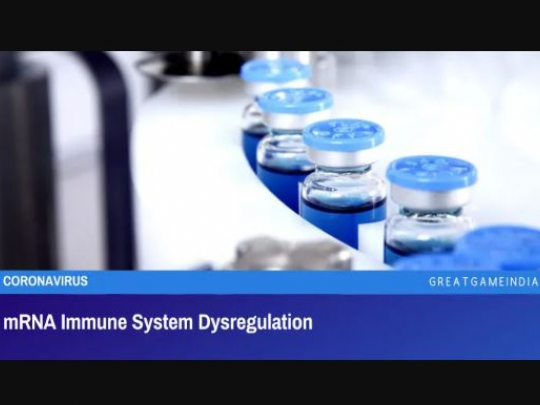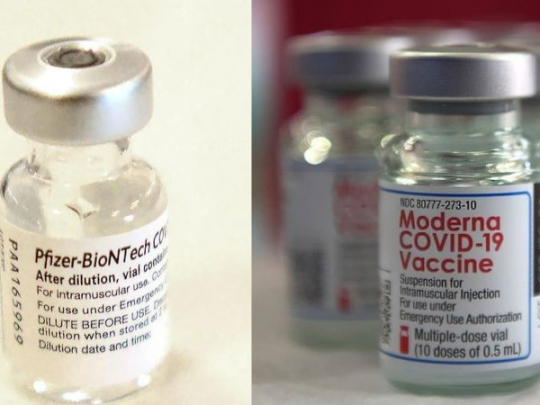Germs Are Not Your Enemies & Over Sanitization Will Weaken Your Immune System
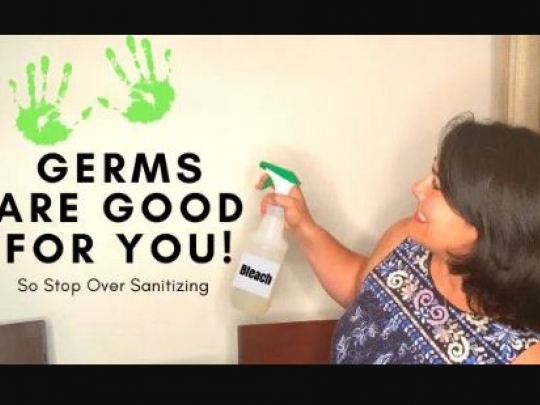
We are surrounded by microbes. They are everywhere – the air we breathe, the surfaces we touch. Some of them are harmful, but still the vast majority of them are harmless. We all co-exist. The health of our bodies and microbiomes may depend on society’s return to lifestyles that expose us to bacteria, despite the risks. Germs are not your enemies, they are your friends, and over sanitization will weaken your immune system.
It has been more than a century that scientists learned that microscopic germs can cause illness. Since then we tend to disinfect things. The same was told to us at the beginning of this pandemic outbreak.
But after studying coronavirus it was found that chances of surface transmissions are very low. The Centers for Disease Control and Prevention only recently pegged it at generally less than one in 10,000.
But now we have been forced into the habit of disinfecting things and trying to kill microbes most of which are not even harmful. Scientists are worried that this habit may impact the human microbiome.
We are made to live with germs and microbes. As not all of them are harmful, some of them are friendly microbes. So by practicing excessive hygienic practises and sterilizing our bodies, we are in a way weakening our immune system.
In the long future, it may lead us to fall sick because of what we call today as ‘friendly microbes’.
In January, a paper was published in the Proceedings of the National Academy of Sciences (PNAS) by a global consortium of health researchers. In this paper they raised concern about the microbial fallout that may follow in the pandemic’s wake.
“We’re starting to realize that there’s collateral damage when we get rid of good microbes, and that has major consequences for our health,” says B. Brett Finlay, first author of the PNAS paper and a professor in the Department of Microbiology and Immunology at the University of British Columbia.
We are surrounded by microbes. They are everywhere – the air we breathe, the surfaces we touch. Some of them are harmful, but still the vast majority of them are harmless. We all co-exist.
Exposure to microbes is good for our health and immunity. And living in an over-sterile environment may weaken our immune system. The microbes train our immune system.
The bacteria in our gut produce molecules that affect the functioning of every cell and organ. Similarly we have reservoirs of microbes on our skin, lungs and even brain, that may be performing crucial jobs.
“There’s a wealth of evidence to suggest the microbiome has an influential role in our response to viral infections,” says Brent Williams, an assistant professor in the Department of Clinical Pathology and Cell Biology at Columbia University as reported by the New York Times.
Human body is kind of a vast and symbiotic ecosystem of organisms. When that ecosystem is disrupted, there are consequences.
“We can look at many of the things we’re doing now to prevent infection and see how this could have major effects,” says Dr. Finlay.
Use of heavy antibiotics kills the disease causing microbes but also kills the large volume of friendly microbes. In the beginning of pandemic people were given heavy antibiotics without even knowing their efficacy to reduce the infection.
“We really don’t know what effect all this hyper-hygiene and hyper-cleanliness will have,” Dr. Finlay says. “This is the biggest experiment in a century, and unfortunately we have more questions than answers.”
The “hygiene hypothesis,” introduced in 1989 by the epidemiologist David Strachan, first made the case that bodies deprived of contact with microbes could be at risk for health problems.
“A lot of things people do when they’re together that we didn’t use to think about — shaking hands or embracing, kissing or hugging — these sorts of sociocultural practices could play a part in the exchange of microbes,” says Tamara Giles-Vernick, another of the PNAS paper’s authors and a Medical Anthropologist at the nonprofit Pasteur Institute in Paris.
“The general public always wants a straightforward answer, but in an evolving situation like this, we’re going to have to learn to be more nuanced about things,” says Marsha Wills-Karp, chair of the Department of Environmental Health and Engineering at the Johns Hopkins Bloomberg School of Public Health.
“I’m married to an infectious disease physician, and he and I don’t always agree on what’s appropriate.”
“But trying to sterilize everything and create these artificially germ-free environments is probably not essential,” she says. “And for the people close to you, I think it’s OK to get close again and hug.”
Meanwhile, it has been found in a groundbreaking study by Israeli scientists that the good bacteria in yogurt can mitigate cytokine storms in COVID-19 patients by disrupting communication between cells.
- Source : GreatGameIndia





